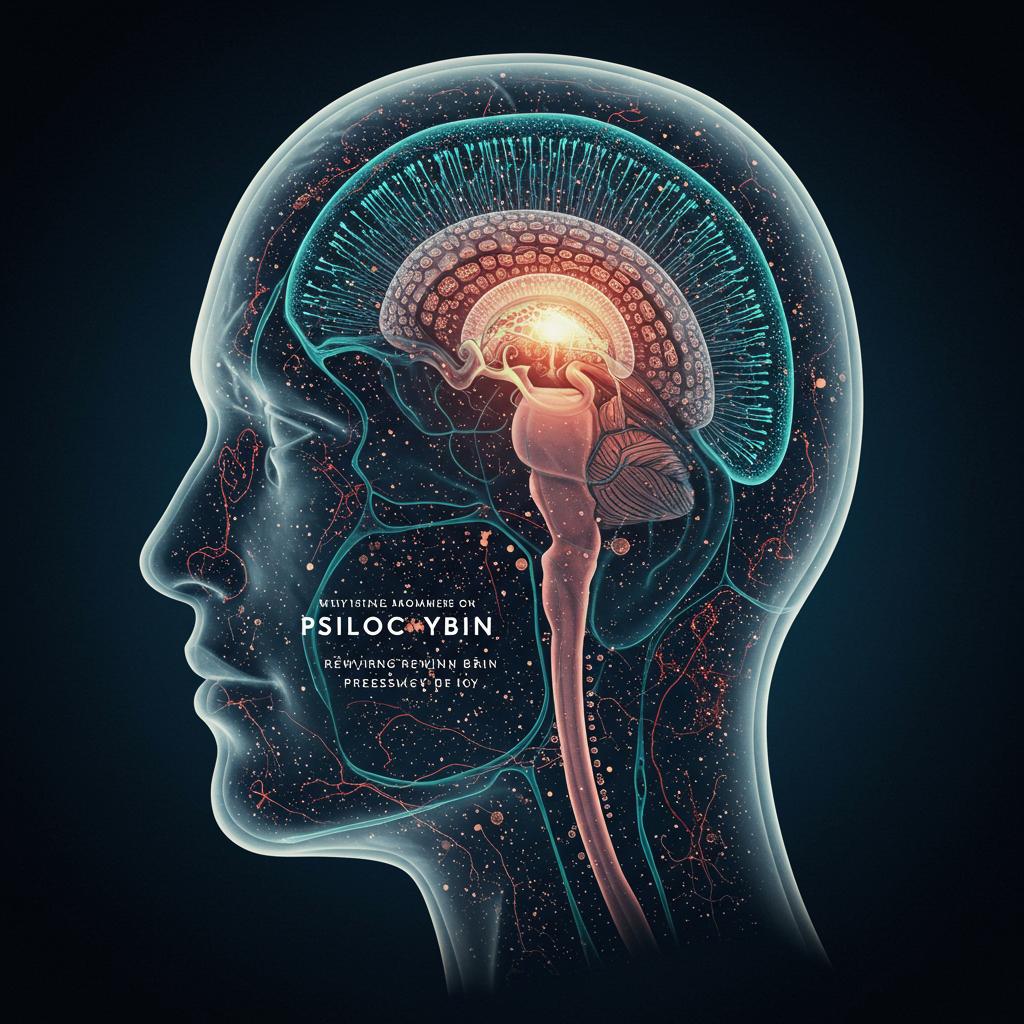
Feeling down? Traditional antidepressants not cutting it? You’re not alone. Many people struggle to find relief from depression, and scientists are constantly searching for new, more effective treatments. One promising area of research involves psilocybin, a natural compound found in certain types of mushrooms. While it might sound unusual, early studies suggest psilocybin could offer a fresh approach to tackling depression, especially for those who haven’t found success with other options.
So, how does it work? Psilocybin isn’t your typical antidepressant. Instead of targeting single neurotransmitters like serotonin or dopamine, it seems to work on a broader scale, influencing multiple brain systems and pathways. Let’s break down what we know so far:
- Serotonin Superstar: Psilocybin primarily interacts with serotonin receptors in the brain, particularly the 5-HT2A receptor. Think of these receptors as tiny docking stations, and psilocybin as a key that fits perfectly. This interaction triggers a cascade of events, influencing mood, perception, and even how we process information.
- Beyond Serotonin: While serotonin plays a major role, psilocybin’s effects extend beyond this single system. Research suggests it also impacts dopamine and glutamate, two other crucial neurotransmitters involved in mood regulation, motivation, and learning. This multifaceted approach could be key to its effectiveness.
- Rewiring the Brain: Psilocybin doesn’t just tweak neurotransmitter levels; it also seems to influence the way different brain regions communicate with each other. Specifically, it affects areas like the default mode network (involved in self-reflection and rumination) and the amygdala (the brain’s emotional center). By modulating these connections, psilocybin may help break negative thought patterns and reduce emotional reactivity, common hallmarks of depression.
- Rapid Action: Unlike traditional antidepressants that can take weeks or even months to kick in, psilocybin has shown potential for rapid antidepressant effects. This is particularly exciting for individuals experiencing severe depression and suicidal thoughts, as it offers the possibility of quicker relief.
- More Research Needed: While the initial findings are encouraging, it’s important to remember that research on psilocybin is still in its early stages. Larger, more rigorous studies are crucial to fully understand its long-term effects, potential risks, and optimal therapeutic protocols. It’s also important to note that psilocybin is not a quick fix and should only be used under the guidance of trained medical professionals.
The possibility of a rapid-acting antidepressant with a novel mechanism of action is a game-changer in mental health. Psilocybin, with its unique interaction with the brain, offers a glimmer of hope for those struggling with treatment-resistant depression. As research continues to unfold, we can expect a clearer picture of its potential and how it might revolutionize the way we approach mental health care.
